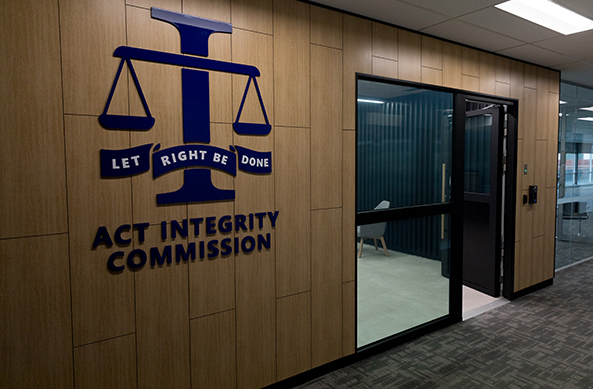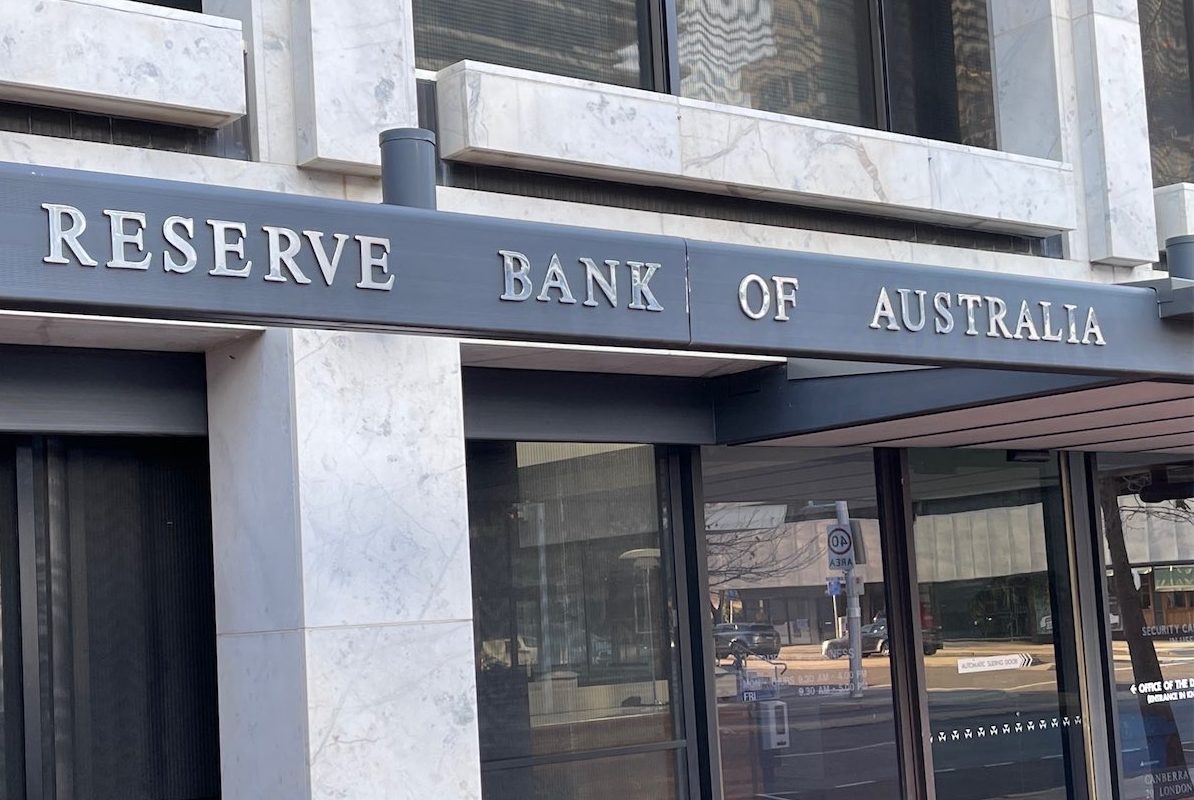THE ACT Integrity Commission is calling for building tenderers to come forward with any suspicion of corrupt conduct, following a scathing report from the Auditor-General regarding the procurement process for the $18 million Campbell Primary School Modernisation Project, which was tabled in the ACT Legislative Assembly on December 22.

In his report, auditor-general Michael Harris said the procurement process for the Campbell Primary School Modernisation Project “lacked probity”.
“Tenderers were not dealt with fairly, impartially and consistently,” he said. “Manteena was identified as the preferred tenderer by two different tender evaluation teams at two key stages of the procurement process; the Request for Tender stage and the subsequent Best and Final Offer stage.
“Manteena received the highest scores against the weighted evaluation criteria and quoted a lower price for the services. Despite this Lendlease was awarded the contract for the services. In June 2020 the Tender Evaluation Team prepared a Tender Evaluation Report that identified Manteena as the preferred tenderer. The Delegate disagreed with the Tender Evaluation Team’s recommendation and instead recommended to the Director-General that Lendlease be identified as the preferred tenderer because they offered the ‘best value for money’.”
Master Builders ACT CEO, Michael Hopkins said today (February 22) the MBA was concerned by the findings of the Campbell Primary School audit report.
“The ACT building and construction industry deserves to have the utmost confidence in the ACT government tender review process. Any company tendering for ACT government work should do so on level a playing field,” he said.
“The MBA calls on any business which has tendered for ACT government contracts to contact the Integrity Commission if they reasonably suspect corrupt conduct has occurred, or is occurring, in ACT government procurement or in relation to any aspect of the ACT public sector’s operations with which they have been involved.”
Opposition Leader Elizabeth Lee said the Integrity Commission’s move highlighted significant issues of probity in the procurement process for this project.
“The Auditor-General concluded that the procurement process lacked probity and that the ACT Education Directorate did not deal with the tenderers fairly, impartially and consistently,” she said.
“The matters raised in the report are serious enough for the Integrity Commission to put out a call to businesses in the building and construction industry to come forward with information relating to suspected improper conduct in ACT government procurement processes.
In his december report, the auditor-general said it was essential government treats all procurement processes impartially and are transparent when it comes to spending taxpayers’ money.
“This is an extraordinary announcement by the Integrity Commission and this Labor-Greens government must provide a full response to the scathing assessment of its procurement processes.”
In his December report, Mr Harris said: “Probity was not demonstrated in the procurement process to ‘deal fairly, impartially and consistently with suppliers’.
“During the course of the audit a number of governance and administrative shortcomings in the procurement process were identified. These relate to the documentation of roles and responsibilities, procurement risk management (including probity risk management), the use of Confidentiality and Conflict of Interest Undertaking forms by participants, communication processes with tenderers and the tender debrief process.
“A risk relating to the probity of the procurement process was the participation and involvement of various staff from Major Projects Canberra and the Education Directorate whose roles and responsibilities were not specifically and explicitly documented in procurement governance documents such as the Tender Evaluation Plan (July 2019) or Procurement Plan Minute (July 2019).
“Managers and supervisors had an ‘oversight’ and ‘quality assurance’ role which involved reviewing draft tender evaluation reports completed by the Tender Evaluation Teams. This allows for potential influence or interference to occur without explicit and specific clarity on their role and purpose. The procurement process was also characterised by informal, uncontrolled and poorly documented communication with tenderers and other parties. This undermines the probity of the procurement process.”
Who can be trusted?
In a world of spin and confusion, there’s never been a more important time to support independent journalism in Canberra.
If you trust our work online and want to enforce the power of independent voices, I invite you to make a small contribution.
Every dollar of support is invested back into our journalism to help keep citynews.com.au strong and free.
Thank you,
Ian Meikle, editor





Leave a Reply